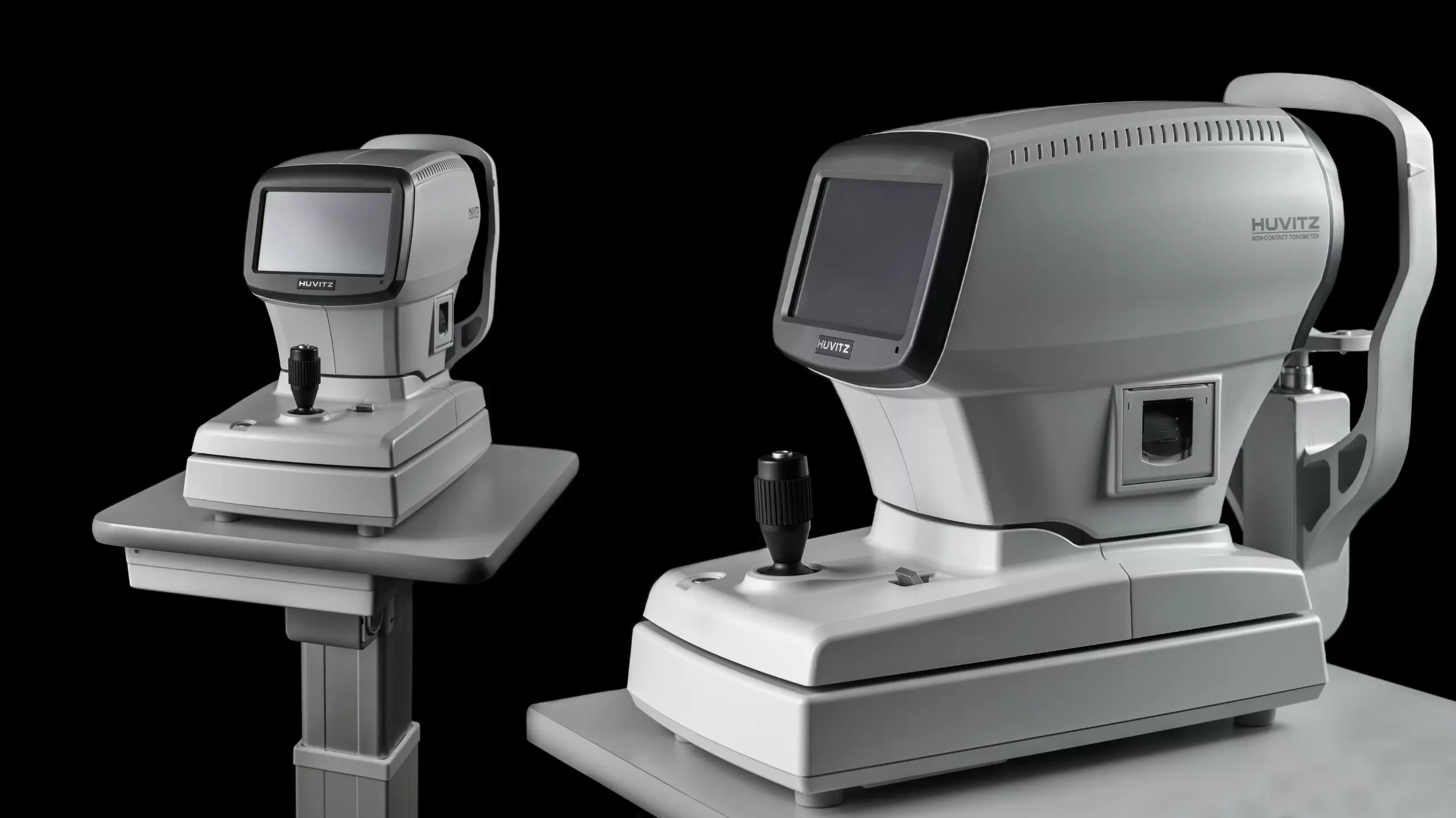
Embedded Software Engineer Recruitment



What is Embedded Software Engineering?
Embedded Software Engineering is the development of software designed to operate hardware systems in real-time environments. Unlike traditional software that runs on general-purpose computers, embedded systems software is integrated directly into devices, performing specific, highly tailored functions. These systems are found in industries such as automotive, telecommunications, consumer electronics, medical devices, and more.
Embedded systems must be efficient, reliable, and capable of operating with limited computing resources. This requires highly specialised skills, including expertise in firmware development, low-level programming, and hardware-software integration.


The Role of Embedded Software Engineers
Embedded Software Engineers are responsible for designing, developing, and maintaining software that interacts directly with hardware. They work on a wide range of applications, from simple microcontroller code to complex systems involving real-time operating systems (RTOS) and multithreading. Their responsibilities often include:
- Writing efficient, low-level code in languages such as C, C++, or Assembly, optimised for specific hardware platforms.
- Working closely with hardware engineers to ensure software integration with microcontrollers, microprocessors, and other embedded systems.
- Implementing real-time control systems in industries like automotive (e.g., infotainment systems, autonomous driving tech), medical devices, or telecommunications.
- Testing and debugging using specialised tools to ensure the software meets strict performance and reliability standards.
- Optimising code for power efficiency, memory usage, and performance, crucial in resource-constrained devices like IoT and wearable technology.

Headline Figures - Where is the Embedded Software Engineering Headed?
£20bn
The estimated value of the global market by 2028
>50%
New roles in automotive tech related to embedded software
15%
Growth YoY expected in the IoT connected devices space through to 2028
Key Skills and Technologies in Embedded Software Engineering
To excel in embedded software development, engineers need a robust technical skillset and familiarity with cutting-edge technologies. Some of the most in-demand skills in the field include:
- Programming Languages: Primarily C, C++, and sometimes Python or Assembly for very low-level tasks.
- Real-Time Operating Systems (RTOS): Engineers often work with systems such as FreeRTOS, VxWorks, or QNX to manage real-time, high-priority tasks.
- Embedded Linux: Many embedded systems today run on lightweight versions of Linux, making knowledge of Embedded Linux and kernel development highly valuable.
- Firmware Development: Writing low-level code that controls the hardware, such as device drivers for processors and memory management.
- Communication Protocols: Understanding of SPI, I2C, UART, CAN bus, and Ethernet is essential for communication between different components.
- Microcontrollers & Microprocessors: Experience with popular platforms like ARM Cortex, PIC, and AVR, as well as custom hardware.
- IoT & Connectivity: As IoT continues to grow, engineers need knowledge of wireless communication standards like Bluetooth, Wi-Fi, Zigbee, and LoRaWAN.


Why is it Critical for Today’s Businesses?
Embedded software is the backbone of modern innovation, driving everything from smart cars and medical devices to the Internet of Things (IoT). Businesses across the UK and globally are investing heavily in embedded systems for several key reasons:
Innovation in Automotive: With the rise of electric vehicles (EVs) and autonomous driving technologies, automotive companies are highly dependent on embedded software for features like infotainment, vehicle control systems, and safety mechanisms.
Advancements in Medical Devices: The healthcare industry increasingly relies on embedded software for the development of life-saving equipment, including diagnostic tools, wearable health monitors, and implantable devices.
Smart Devices & IoT: Embedded systems form the core of the smart devices revolution, powering everything from home automation systems to industrial IoT solutions.
Aerospace & Defence: Precision, real-time performance, and reliability are paramount in aerospace and defence applications, where embedded software controls everything from aircraft navigation systems to defence-grade radar technologies.
Given the critical nature of these systems, companies cannot afford to compromise when hiring Embedded Software Engineers. The demand for experienced professionals who can deliver high-performance, reliable, and secure software solutions continues to grow.


Why Choose Applause IT for Embedded Software Engineering Recruitment?
- Extensive Industry Knowledge - Our recruiters have deep expertise in embedded software recruitment, ensuring we understand the technical requirements and specific challenges of this niche.
- Network of Highly Skilled Engineers - We have access to a broad network of Embedded Software Engineers from junior to senior levels, across industries like automotive, IoT, industrial automation, and defence.
- Tailored Recruitment Solutions - We take the time to understand your business, its culture, and your technical needs, providing a bespoke recruitment service that delivers the right talent efficiently.
- Proven Track Record - We’ve successfully placed Embedded Software Engineers in both permanent and contract roles, helping companies to innovate and grow.

The Types of Embedded Software Engineering Roles We Place
We recruit across all levels, from Junior Embedded Engineers to Senior Firmware Developers, and everything in between:
- Embedded Software Engineers (Junior to Senior)
- Firmware Developers
- Real-Time Operating Systems (RTOS) Engineers
- Device Driver Developers
- Embedded Systems Architects
- Embedded Linux Engineers
Whether you’re looking to hire for contract or permanent roles, our team can help you find candidates with the specific skill sets you need. Our recruitment spans across the UK, covering London, Birmingham, Manchester, Leeds, and beyond.
